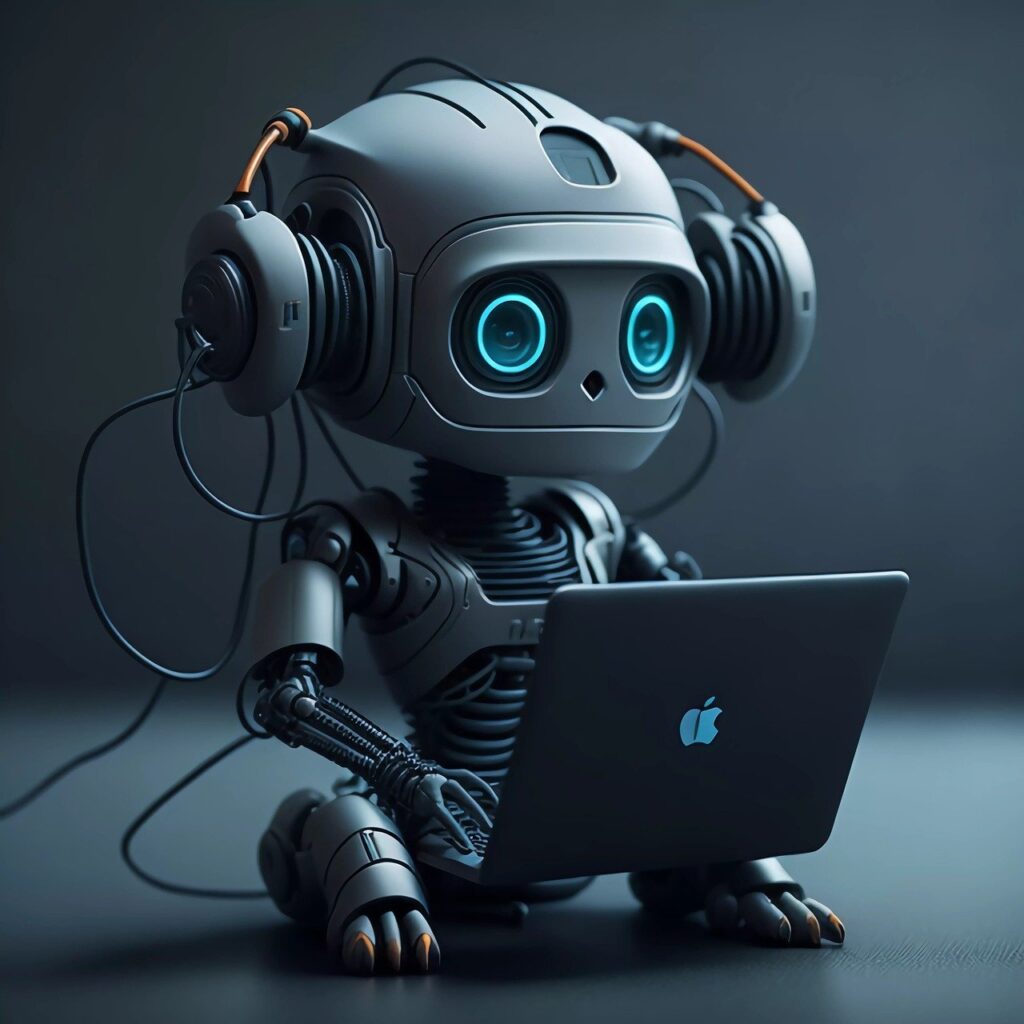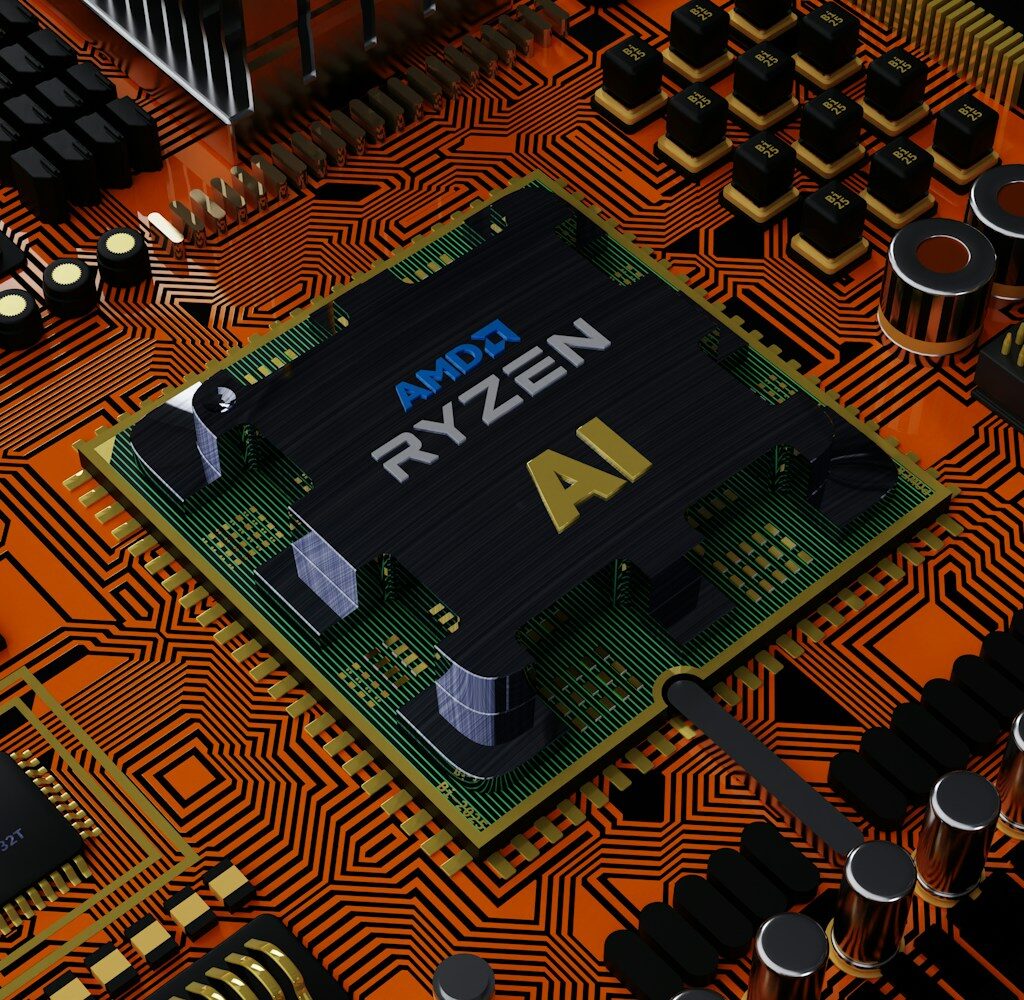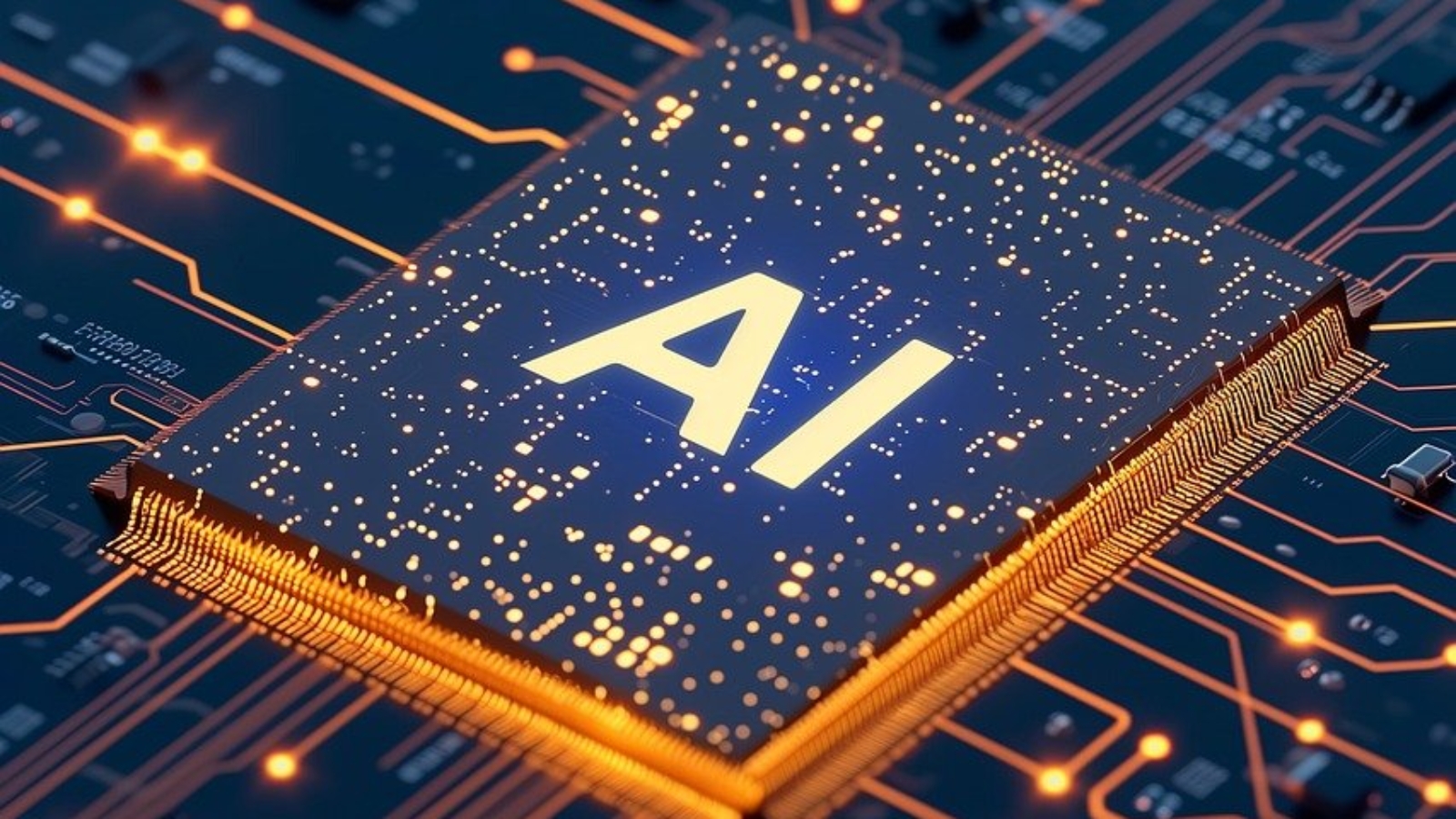The hospitality industry is rapidly evolving, with technology playing a pivotal role in enhancing guest experiences and optimizing hotel operations. One of the most significant advancements in recent years is the use of Artificial Intelligence (AI) and automation in hotel revenue management. These technologies are revolutionizing the way hotels set prices, forecast demand, and manage inventory, ultimately driving profitability and improving operational efficiency.
1. AI-Powered Dynamic Pricing for Maximizing Revenue
Gone are the days of setting fixed room rates and hoping for the best. AI-powered dynamic pricing allows hotels to adjust room rates in real-time based on market demand, competitor pricing, weather conditions, local events, and other external factors. By analyzing vast amounts of data, AI can predict the ideal price for each room at any given time, helping hoteliers maximize revenue without manual intervention.
Why It Matters:
- Real-Time Adjustments: AI can monitor market trends and adjust pricing strategies instantly to ensure competitive advantage. For example, prices can be automatically adjusted during peak seasons like festivals in Jaipur or a major event in Goa.
- Revenue Optimization: Dynamic pricing helps optimize RevPAR (Revenue per Available Room) by ensuring rooms are priced optimally based on demand forecasts and booking patterns.
- Increased Profitability: By analyzing historical data, AI can predict demand fluctuations and adjust rates accordingly, ensuring hotels don’t leave money on the table during high-demand periods.
Tip: AI-driven pricing can also help manage room inventory, ensuring that high-demand periods are priced accordingly, while lower-demand periods offer promotions to fill rooms and maintain occupancy rates.


2. Forecasting Demand with Greater Accuracy
Accurate demand forecasting is critical to a hotel’s revenue management strategy. AI and machine learning algorithms can analyze historical data, market trends, guest behavior, and external factors like economic shifts, holidays, or special events, providing more accurate forecasts for occupancy and revenue.
Why It Matters:
- Minimizing Overbooking Risks: AI can predict periods of high occupancy and optimize your room inventory management, reducing the risk of overbooking while maximizing occupancy rates.
- Targeted Marketing and Promotions: With better demand forecasting, hotels can launch targeted promotions at the right time—such as discounts for corporate travelers during the off-season or special offers for families during school vacations in Mumbai.
- Improved Strategic Planning: Accurate demand forecasts enable hotels to make more informed decisions on pricing, staffing, and marketing, helping to balance supply and demand effectively.
Tip: Utilize AI-driven forecasting to align your sales strategies with real-time data and adjust your marketing efforts based on predicted demand spikes.

3. Automated Revenue Management Systems (RMS)
Traditional revenue management processes often require a lot of manual effort to analyze data and adjust pricing. With the introduction of automated Revenue Management Systems (RMS), these tasks are streamlined, allowing for more efficient and consistent pricing decisions. An automated RMS uses real-time data, market insights, and historical trends to suggest pricing adjustments and optimize room distribution across different booking channels.
Why It Matters:
- Efficiency and Speed: Automation eliminates the need for time-consuming manual calculations and adjustments. Hotels can instantly implement pricing strategies across all distribution channels (website, OTAs, direct bookings) without delay.
- Consistency Across Channels: RMS ensures that your pricing strategy is consistent across all sales channels, avoiding discrepancies between your hotel’s website, OTAs, and third-party platforms.
- Cost Savings: By automating revenue management tasks, hotels can reduce labor costs associated with manual price setting, and free up staff to focus on guest services and other operational improvements.
Tip: Leverage an integrated RMS that can automate both pricing and inventory management across all channels to avoid overbookings and increase direct bookings.
4. Personalized Pricing and Offers for Guests
One of the most exciting applications of AI in hotel revenue management is the ability to deliver personalized offers based on guest preferences, behavior, and past stays. By leveraging guest data (with proper consent), AI can help hoteliers tailor their pricing strategies to meet individual needs, offering special rates or personalized promotions for returning guests, VIPs, or specific segments.
Why It Matters:
- Increased Customer Loyalty: Offering personalized discounts or exclusive packages for repeat guests encourages customer loyalty and enhances their overall experience. For example, a returning guest in Delhi may receive a special rate for a room upgrade or spa package.
- Improved Conversion Rates: AI-driven personalization boosts conversion rates by presenting guests with relevant offers at the right time, increasing the likelihood of bookings.
- Higher Average Spend: Personalization isn’t just about room rates—it can extend to upselling additional services like spa treatments, dining packages, or guided tours, thereby increasing overall revenue.
Tip: Use guest behavior data to offer personalized promotions based on their preferences, booking history, and engagement with your hotel.


5. Enhanced Guest Experience and Operational Efficiency
AI and automation are not just transforming revenue management—they’re also enhancing the overall guest experience. From personalized guest communication (via chatbots) to automated check-ins and room preferences, AI can streamline operations and improve customer satisfaction, ultimately leading to higher occupancy rates and better reviews.
Why It Matters:
- Seamless Check-In/Check-Out: AI-driven systems can automate guest check-ins and check-outs, reducing wait times and improving efficiency. This can be especially useful for high-traffic periods or busy seasons in cities like Bangalore or Dubai.
- 24/7 Guest Support: AI-powered chatbots or virtual assistants can handle guest inquiries and requests at any time, providing instant support without the need for human intervention.
- Improved Operational Efficiency: Automation reduces the manual workload of front desk staff, allowing them to focus on providing personalized guest services, which can lead to increased guest satisfaction and repeat bookings.
Tip: Invest in AI-driven tools that enable personalized guest interactions, automate repetitive tasks, and ensure a frictionless guest experience from booking to check-out.
6. AI-Driven Competitive Benchmarking
AI allows hotels to track competitor pricing, availability, and promotions in real time. This competitive intelligence helps hoteliers stay agile and adjust their strategies in response to changes in the market. By continuously analyzing data from competitors and external sources, AI-driven tools can provide valuable insights into how your hotel compares to others in terms of pricing, demand, and market share.
Why It Matters:
- Stay Competitive: By understanding how competitors are pricing their rooms and offering promotions, you can adjust your own strategies to maintain a competitive edge.
- Market Insights: AI provides insights into the broader market, helping hoteliers understand trends, opportunities, and potential threats in real time.
- Pricing Strategy Adjustments: Competitive benchmarking helps refine your pricing strategy to ensure you’re offering the best value for your guests while maintaining profitability.
Tip: Use AI-powered competitive benchmarking tools to track competitors’ prices, room inventory, and promotional offers, and adjust your pricing strategy accordingly.



